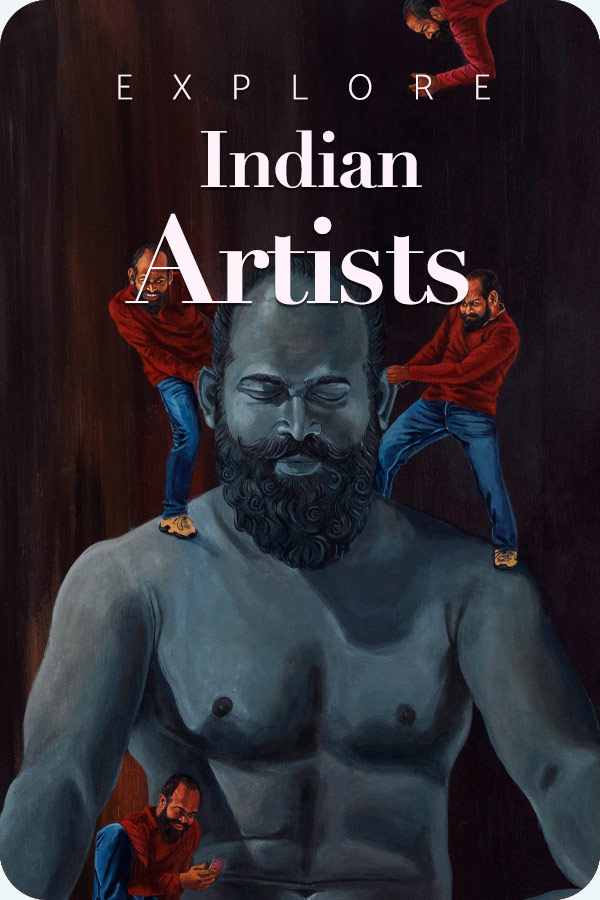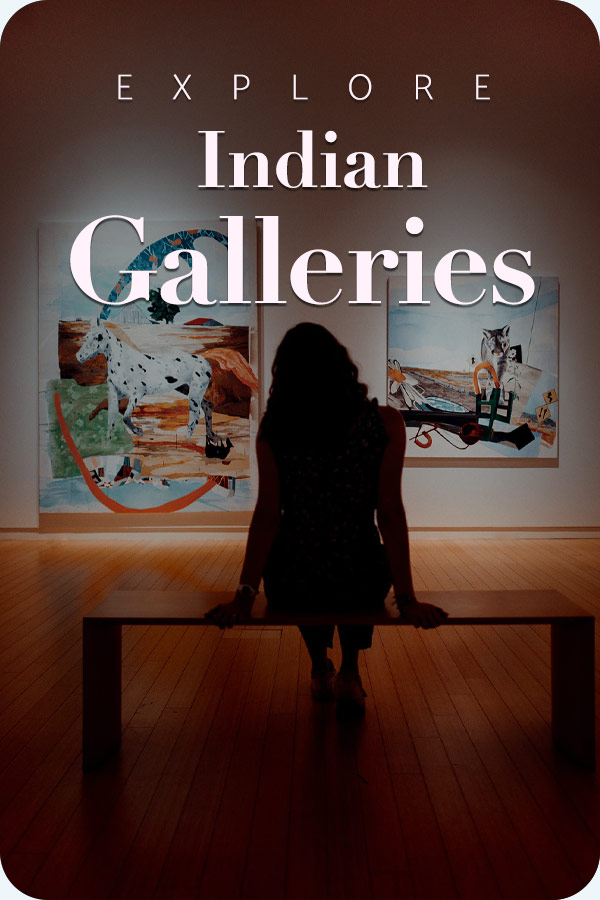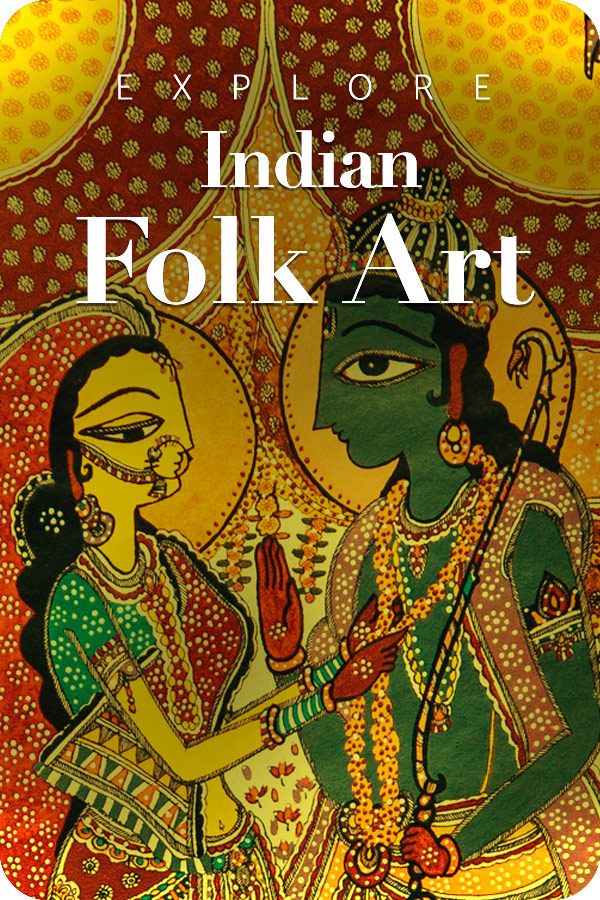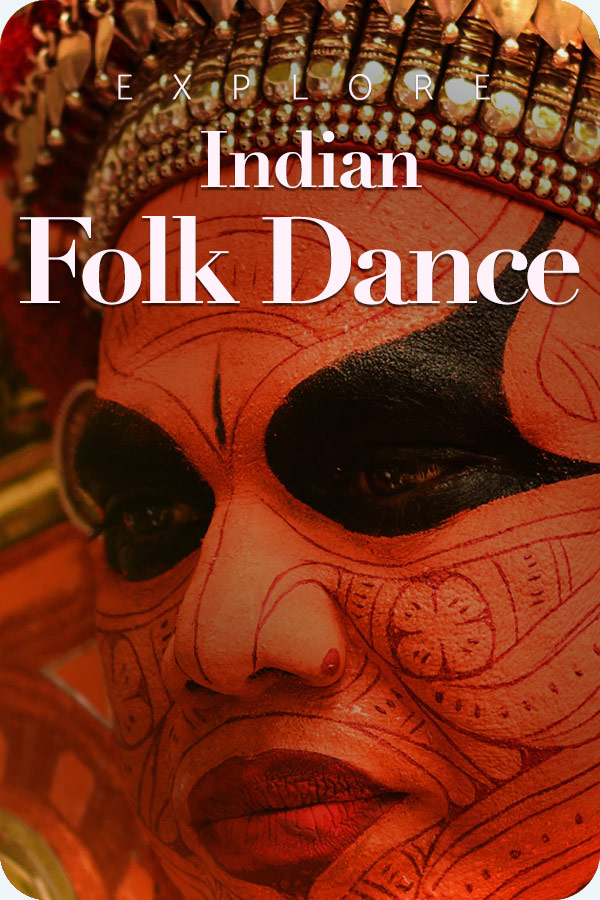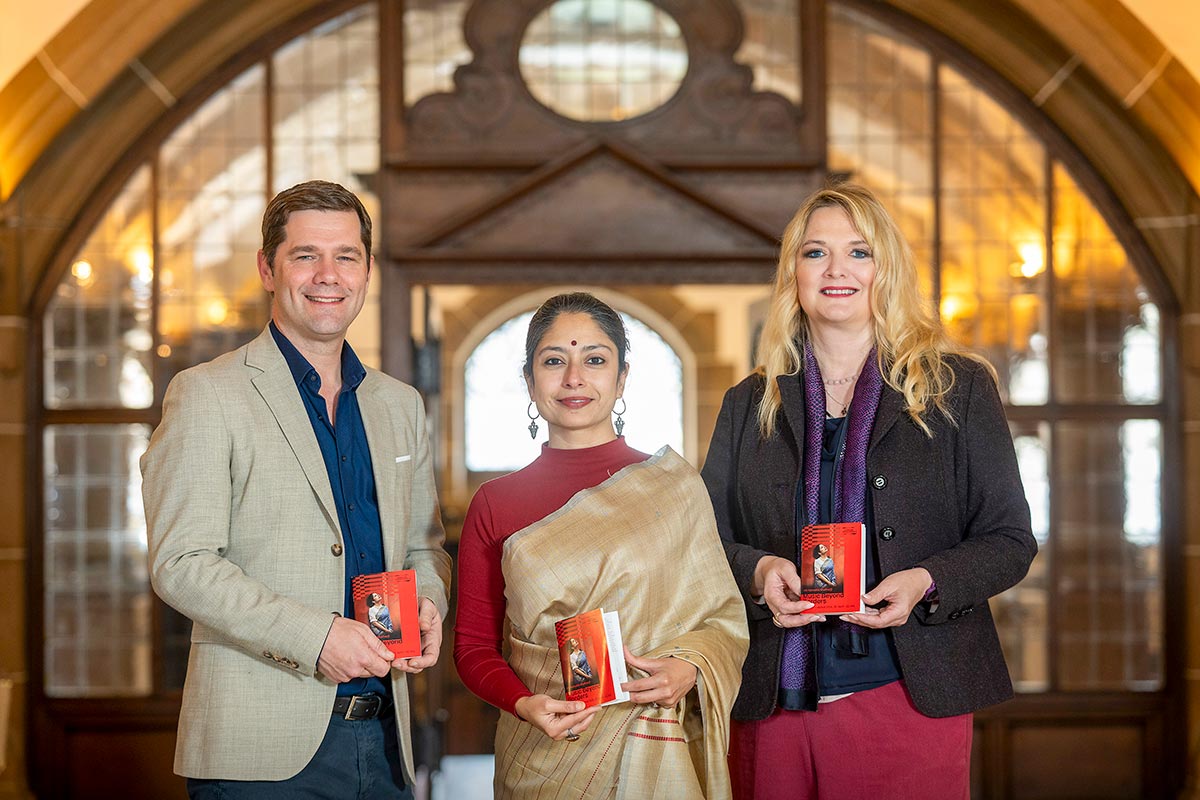
Germany’s Duisburg Philharmonic is setting a bold and expansive stage for its sixth edition of the contemporary chamber music festival, “Eigenzeit – Music of Now,” running from 30 April to 22 May 2026. The festival will be operating under its most recent banner, “Music Beyond Borders”, and is dedicated to building meaningful relationships between Europe and India in terms of its rich spiritual and cultural traditions. This three-week festival goes beyond performances; it will showcase Indian artistic expression, inspired by the universalist philosophy of Nobel Laureate Rabindranath Tagore.
This festival is curated by Kamalini Mukherji, an eminent Rabindra Sangeet exponent. The collaboration between Kamalini Mukherji and Artistic Director Nils Szczepanski ought to create an aura that will intertwine music, dance, cinema, sculpture, culinary traditions, and improvisational arts in order to shed light on the interconnectedness of the global cultures.
The Tagorean Vision
The ethos of the entire festival is grounded in the shared philosophical roots of Indian and Western art, though the ideas reverberated by Rabindranath Tagore’s belief in the unity of human expression. The two cultures shall identify and recognize one another as a part of their own cultural horizon, expanding their cultural purview. Kamalini views the festival as a vital space for interaction. She states, “My wish is for this festival to become a space where the richness of India’s musical and artistic heritage can engage in a meaningful dialogue with global traditions—fully aligned with Tagore’s belief in the unity of human expression.” Artistic Director Nils Szczepanski reciprocates the same sentiment, emphasizing the festival’s intent to celebrate cultural interconnectedness and open new perspectives for the audience.
The Panorama of The Festival
The festival will be inaugurated on April 30, 2026, at the Lehmbruck Museum with a lecture demonstrating the millennia-old Odissi dance, led by the internationally acclaimed icon, Bijayini Satpathy. This segment will be followed on May 2 by the program “The Fascination of Odissi,” featuring Satpathy and Mukherji, including a world premiere excerpt from Tagore’s dance drama Chitrangada. The festival also seeks to unfold a diverse spectrum of arts. May 3 is the “Indian Film Day” and will feature works by legends of Indian cinema, such as Satyajit Ray and contemporary filmmaker Payel Kapadia. A high-energy concert will follow the cinematic segment, “One Beat, One World,” on May 10. This session is going to be one of a kind, as Grammy Award-winner and tabla virtuoso Bickram Ghosh will join the mridangam maestro Patri Satish Kumar to create a blissful symphony. A live Milonga performance will succeed this.
May 13 is a special one as it schedules the “Tagore Song Night” that seeks to bring together renowned artists like Kamalini Mukherji, violinist Kala Ramnath, and Bickram Ghosh, to perform Tagore’s timeless songs, a world-first collaboration curated for Duisburg. The essence of transculturality will prevail on May 17 as “East-Western Seasons,” where Kala Ramnath juxtaposes her cycle Indian Seasons with Vivaldi’s Four Seasons, collaborating with members of the Duisburg Philharmonic and the “Orchester des Wandels.” Interestingly, a thoughtful step is initiated as a “Baul” performance is orchestrated and shall feature the solo recital session of Parvathy Baul on May 19.
Beyond Performances
The dynamism of the festival is not restricted to the performing and visual arts but also encapsulates the culinary arts as well. The “Indian Food Night & Jugalbandi” (16 May) takes insights from the Bengali food writer Chitrita Banerjee and blends culinary dialogues with live improvisations on sitar, sarod, and tabla. Throughout the event, Kolkata-based installation artist Narayan Chandra Sinha creates new sculptures from Duisburg’s industrial scrap. The showdown is scheduled on May 22, with “Day and Night,” which will feature a newly created dialogue between Kamalini Mukherji, “Artist in Residence,” and world-renowned mandolinist Avi Avital, sarod player Swarnendu Mandal, and the Aris Quartet. With this final segment in place, the grand celebration shall conclude.
Event Details
| Aspect | Details |
|---|---|
| Festival Dates | 30 April – 22 May 2026 |
| Festival Theme | “Eigenzeit – Music of Now” / “Music Beyond Borders” |
| Focus | North, South, and East Indian Music, Dance, and Culture |
| Curator | Kamalini Mukherji (Leading interpreter of Rabindra Sangeet) |
| Inspiration | The universalist philosophy of Rabindranath Tagore |
| Organiser | Duisburg Philharmonic |
Key Highlights
- World premiere collaboration between Odissi dance and Tagore’s Chitrangada
- Exclusive Tagore Song Night featuring globally renowned musicians
- Grammy-winning percussionists presenting new works created for Duisburg
- Indian Film Day spotlighting both classic and contemporary cinema
- Sculpture installations using local industrial scrap by an Indian artist
- A curated culinary–musical evening with noted author Chitrita Banerjee
- East–West dialogue through a unique pairing of Vivaldi and Indian violin traditions
- Rare Baul recital by Parvathy Baul in a historic church setting
- Finale featuring Indo-European collaboration across mandolin, sarod, voice, and strings
An Unmissable Cultural Nexus
The Eigenzeit Festival 2026 is one of Europe’s most visionary artistic initiatives. Linda Wagner, Cultural Affairs Director for Duisburg, rightly emphasizes the festival’s significance for the city: “Duisburg is a vibrant and open cultural metropolis… The fact that the Duisburg Philharmonic is continuing the transcultural dialogue with the 2026 Eigenzeit Festival, and placing the fascinating world of Indian, particularly Bengali, music and culture at its center, is a powerful statement.”
The brilliantly scheduled events interweave the eclectic side of both cultures and weave an inclusive fabric embracing everyone under its sash. By putting Indian classical arts on the same stage as the cultural heart of Duisburg, the Philharmonic redefines what contemporary chamber music can be. It provides a rare opportunity for European audiences to engage with the spiritual and artistic side of India, not as an exotic other, but as a co-equal partner.
From Tagore to Baul’s mysticism, the festival covers it all, exemplifying what cultural diplomacy should actually look like. This festival is more like a movement towards a world where music is truly not a subject of political sovereignty, but an asset that belongs to humankind as a whole.


